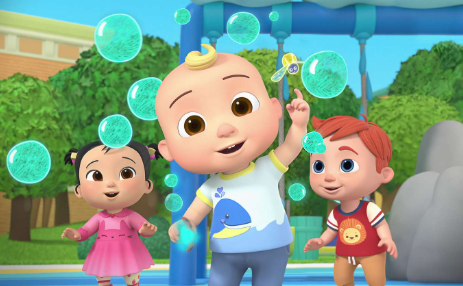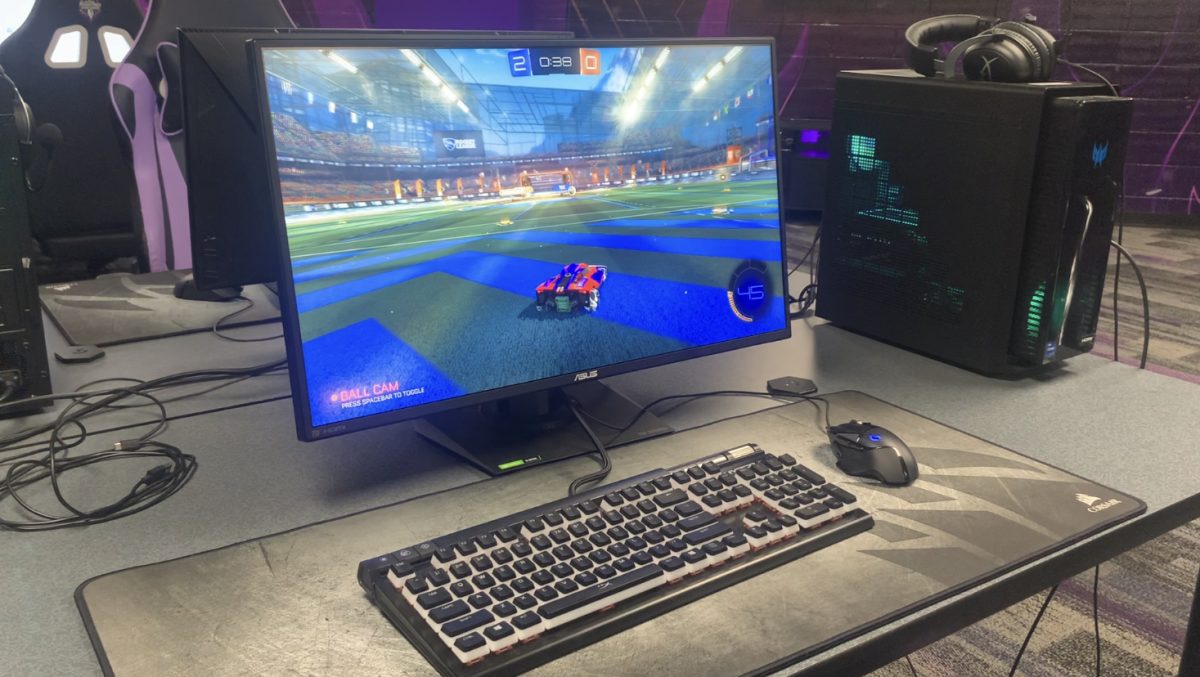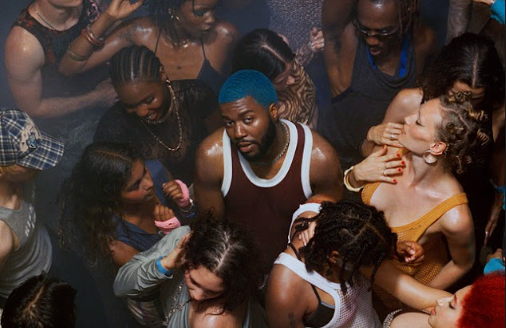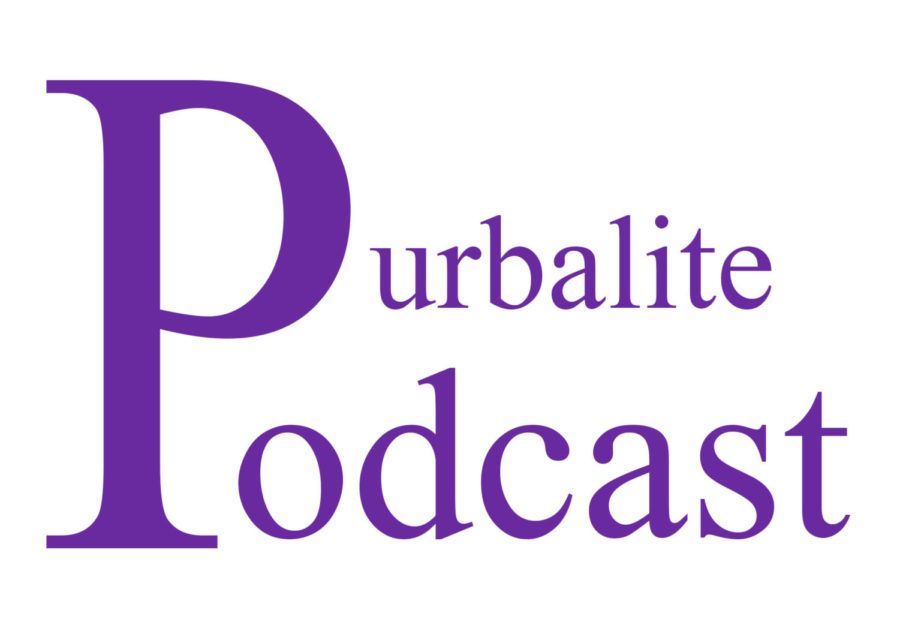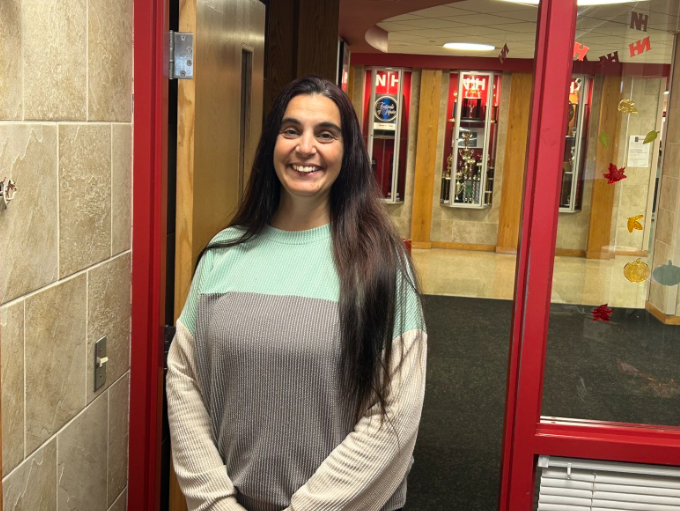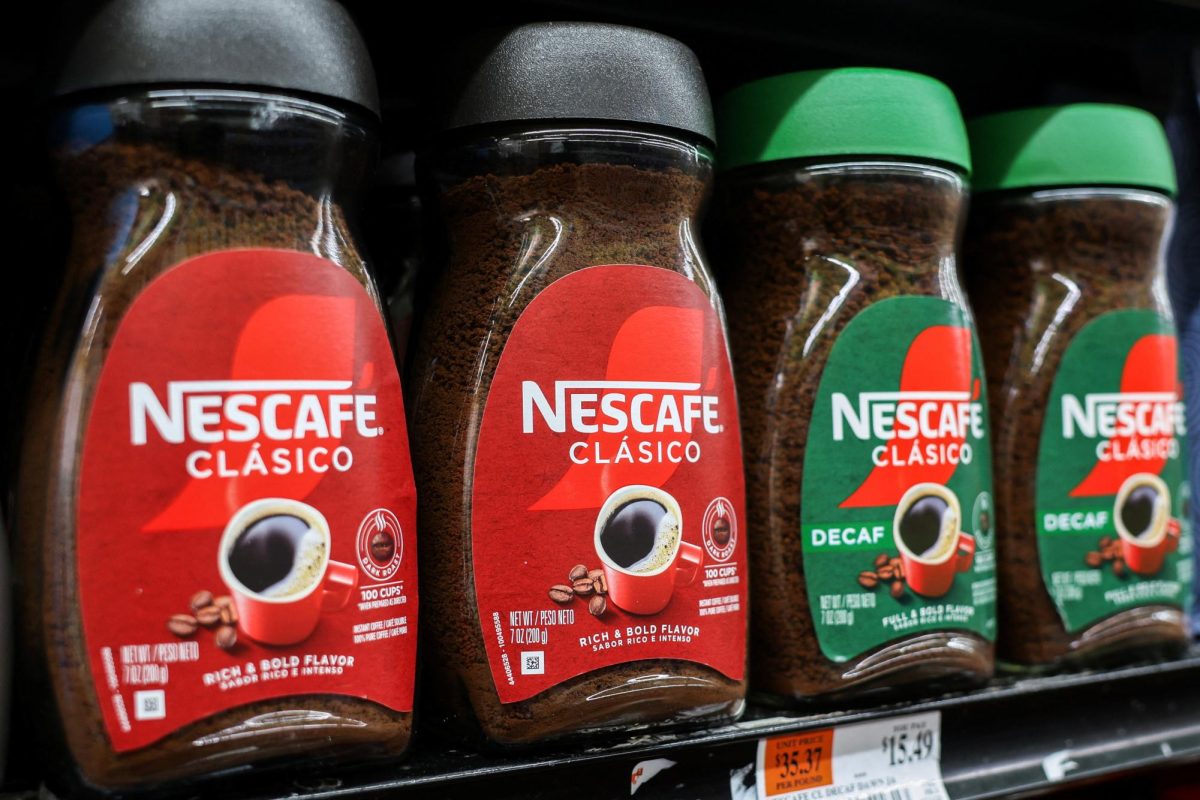It started with Cocomelon.
Cocomelon features classic nursery rhymes, colorful frames, and giggling children. But it has faced a lot of opposition from some parents, who think the videos are too overstimulating for young children.
This is not an isolated situation. This Forbes article discusses what types of shows could be inappropriate for children based on pacing and stimulation: Cocomelon and Ms. Rachel are used as examples of negative shows.
“Given the detrimental effects of fast-paced programming on executive functioning, parents may want to consider unsubscribing to this popular YouTube channel for their children’s sake,” Forbes said about Cocomelon.
Ms. Rachel – Toddler Learning Videos are YouTube videos for toddlers to teach them colors, the ABCs, potty training, and more. The YouTuber Rachel Griffin Accurso has earned praise from parents and babysitters for getting children to listen and learn. However, according to Forbes, her “high-energy antics and vibrant visuals” could do more harm than good.
Studies have also shown that these fast-paced videos degrade children’s attention spans and cognitive abilities.
Social media also is shortening attention spans – for both children and adults.
It is pretty well known that Gen Alpha spends more time on YouTube shorts or TikTok rather than actual TV shows. Gen Z has actually dubbed the younger generation “iPad kids” for their apparent addiction to their iPads. The content on those iPads has been dubbed “brainrot” by young people.
Younger people who do not have children often criticize parents for their carelessness with their children’s screentime. Many have vowed to keep their future children away from programming.
However, hope is not all lost for Generation Alpha. Parents are slowly opening their eyes to the negative effects of overstimulating media. The rise in popularity for shows like Bluey, which is slower-paced and has life lessons embedded in it, is proof of this.

